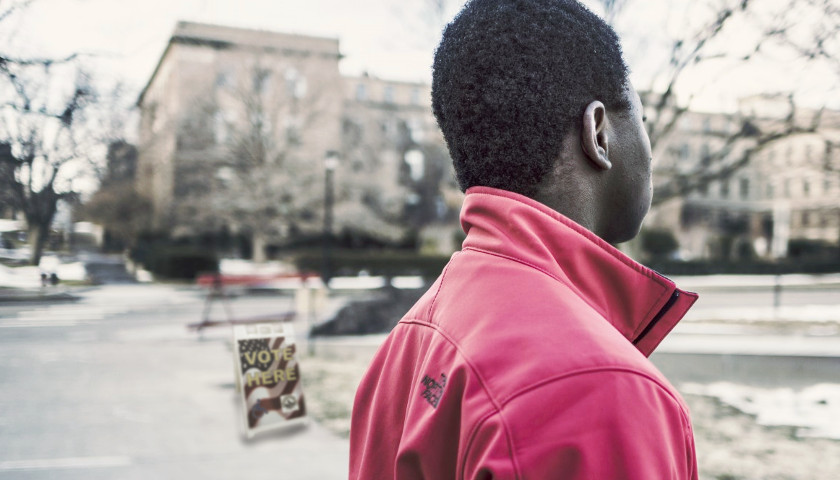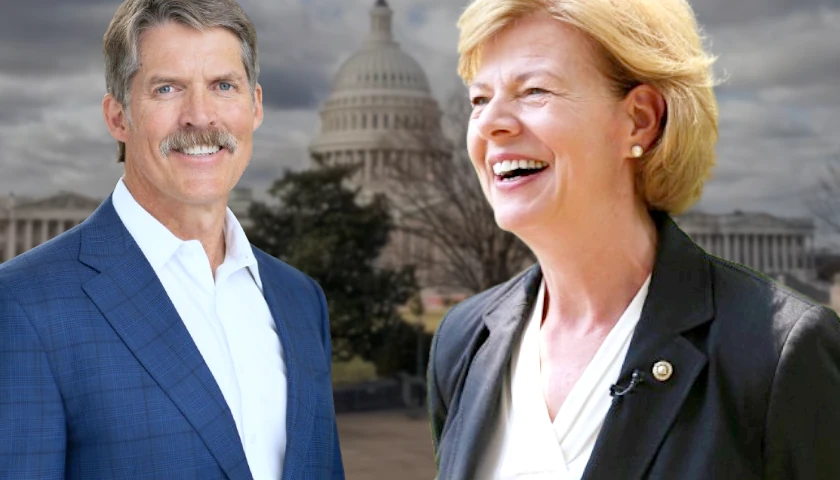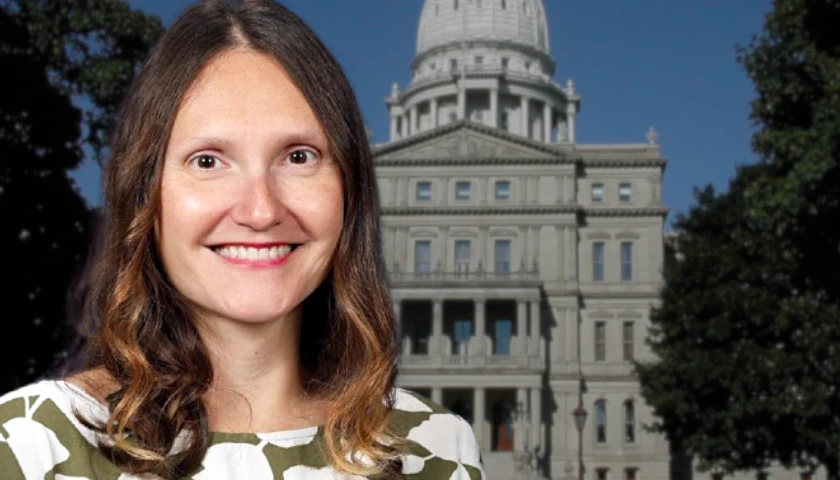Michigan State University could implement a new “fall break” that would give students Election Day off.
Under the proposed break, classes would be canceled on Monday, November 2 and Tuesday, November 3, which is Election Day.
University President Samuel Stanley said in a December newsletter that he is working with Provost Teresa Sullivan on planning a “pilot fall break” for the 2020-2021 academic year.
“I am committed to ensuring MSU is doing everything possible to support and improve students’ health and wellness. Undergraduate student government leaders have described how a fall break would be beneficial to students, and I think it is a good idea,” he said. “With agreement from the appropriate university governance bodies, we would cancel undergraduate classes on Nov. 2 and 3 — the latter being election day. We will ask university governance committees for a proposal to revise the academic calendar to make a two-day fall break permanent the following year.”
The school’s student government, formally called the Associated Students of Michigan State University, was the first to advocate for a new fall break, according to the Associated Press. Mario Kakos, president of the student government, told a campus publication that he thinks the new break will help increase voter turnout.
“I think that the fall break will help in the sense that students will have no classes, exams, tests or quizzes,” Kakos said. “It’ll increase [in] that they will have more time to plan and prepare whether they vote at MSU or if they decided to go home and do something else.”
But some professors told Michigan Radio that a fall break could actually decrease voter turnout, since students are less likely to vote if they leave campus. Political Science Professor Matt Grossmann said that increased voter turnout “seems unlikely to me and it certainly will decrease the effectiveness of any on-campus mobilization strategies.”
“There’s a whole bunch of people who were recently registered (to vote) on campus,” he added.
According to the National Study of Learning, Voting, and Engagement, the university’s total voting rate for 2018 was 35.2 percent. That figure was about four points lower than the average voting rating of 39.1 percent for all institutions, but marked a 20-point increase from the school’s voting rate of 14.3 percent in 2014.
Michigan Secretary of State Jocelyn Benson announced in November that the state would begin awarding two-year and four-year colleges with the highest voter registration and turnout rates, The Michigan Star reported. Benson said that Michigan schools will be “automatically eligible to earn state awards from the Secretary of State’s Office.”
– – –
Anthony Gockowski is managing editor of The Minnesota Sun and The Ohio Star. Follow Anthony on Twitter. Email tips to [email protected].





